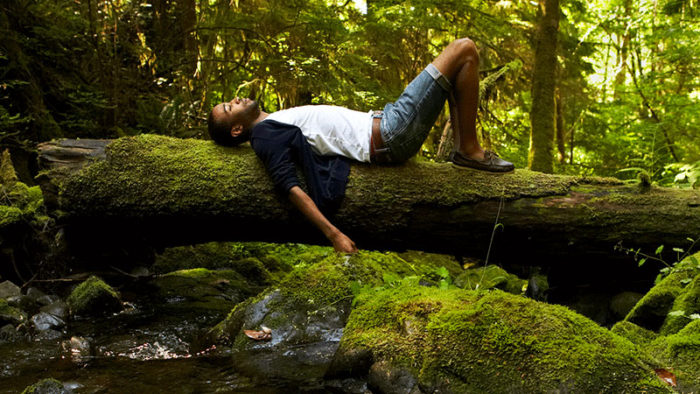We know that climate change has a psychological impact on people, so we need to work on building emotional resilience. Whether it’s rising temperatures causing chronic irritability or the experience of full on ecological anxiety and grief, we need to acknowledge that there is a problem.
Psychologists and psychotherapists are finding that more and more people are seeking treatment for eco-anxiety, eco-grief, and the entire range of emotional distress resulting from awareness of our escalating climate crisis.
The uncertainty of what is going to happen and how soon it is going to happen gives rise to this anxiety.
Ecological grief is the result of experienced or anticipated ecological losses, including the loss of species, ecosystems and meaningful landscapes due to acute or chronic environmental change.
A report has just been released which details the psychological and mental health consequences of climate change in South Africa. To access the report click here.
The report, however, does not offer any suggestions as to how to cope with these effects.
Building emotional and psychological resilience
We need to think about how we can build emotional and psychological resilience in these extremely stressful times.
Perhaps the first thing is to accept the problem and its severity. Arm yourself with information. There is a great deal of knowledge available on the internet, although you need to check and cross check some of it. A very helpful book is South Africa’s Survival Guide to Climate Change, by Sipho Kings & Sarah Wild (Pan Macmillan, 2019).
Then acknowledge our own part in the problem and find out how we can adapt and mitigate. The efforts of every individual do count.
Keep on doing normal things that you enjoy and that renew you.
Work on strengthening your relationships, as these are a mutual source of strength.
Spend time in natural surroundings

Consciously spend time in nature, as this will reduce your stress, anger and fear and increase feelings of pleasure. Work in your garden and your veggie patch. We know that soil has its own microbiome. Research has revealed that our contact with it has value for our own immune systems, gut biomes and general quality of life.
Look for beauty and be creative.
Take breaks and ensure that you sleep well.
Commit yourself to a cause that increases your sense of purpose.
If one fully understands how much has to change in the world in so little time, one can get overwhelmed quickly, so take one day at a time.
Exercise regularly. Physical activity improves the flow of blood to the brain, which in turn leads to an increase in release of “feel-good” chemicals in the brain such as serotonin and dopamine.
Start a group where you can share information but also support each other.
Some people will use mindfulness and meditation to maintain their equilibrium.
If you are a person of faith that will also help you to cope with whatever lies ahead.
To read more articles about climate change click here. To subscribe to SA Smallholder Online click here.

